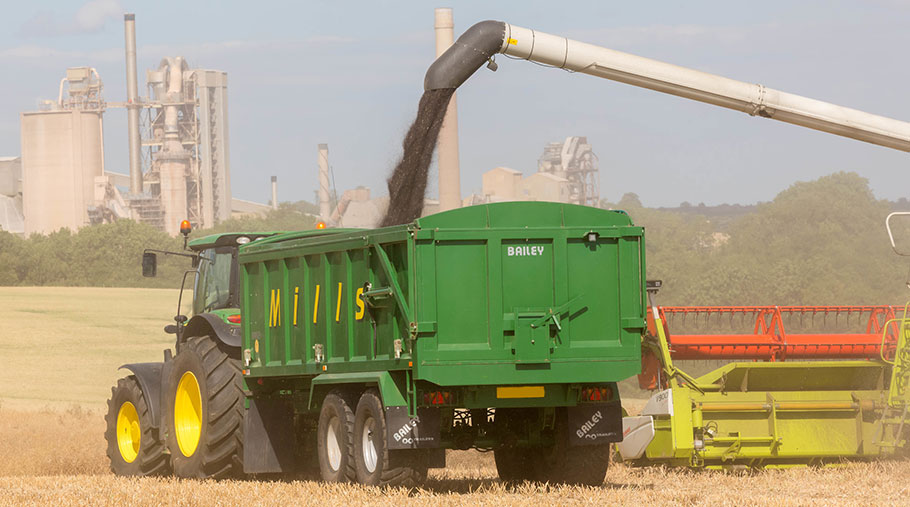Threat to biofuel market defeated by farm lobby groups
 © Tim Scrivener
© Tim Scrivener A looming threat to cereal and rapeseed prices has been stopped after plans to cut the use of crop-based biofuels in the transport sector was abandoned by European politicians.
A compromise on revising the EU Renewable Energy Directive in Europe post-2020 was agreed by the European Commission (EC), European Parliament and the Council of Ministers at a meeting on 14 June.
Crucially for farmers, plans put forward by the EC to reduce the cap on crop-based biofuels from 7% of total road and transport fuels in 2021 to 3.8% by 2030 (over concerns about using food as fuel) do not appear in the final agreement.
See also: Threat to crop-based biofuels grows
Farm leaders expressed relief saying this should help to underpin demand for biofuels produced from UK-grown wheat or oilseed rape over the long-term.
It includes a binding renewable energy target for the EU of 32% by 2020 with an upwards revision clause for 2023.
Fuel suppliers will also be obliged to make sure that by 2030 at least 14% of the fuel used for transport comes from renewable sources.
Successful lobbying
Tori Morgan, NFU combinable crops adviser, said the NFU had been lobbying hard on the directive to help protect the UK’s export markets.
About 40% of all UK oilseed rape ends up being turned into biodiesel on the continent, so if the markets were restricted then this could reduce demand for UK growers.
“Whether we’re inside or outside of Europe we will still be wanting to make use of those markets,” she said.
Ms Morgan said overall the NFU was relatively pleased with the final deal, which was considerably better than it could have been.
“In the initial proposals there were no specific transport targets, so it is positive the obligation to keep blending biofuels with fossil fuel is still there,” she said.
“The initial proposals also wanted to phase down the level of crop-based biofuels to 3.8% and that’s all gone, so these are all positive things.”
European lobbying group Copa/Cogeca said it believed the agreement was going “in the right direction”, although it still had points of concern.
Pekka Pesonen, secretary-general, said the deal offered biofuel producers a long-term stable framework to work with.
“We regret, however, that EU crop-based biofuels will not have the opportunity to expand because the phasing out of the use of palm oil has been postponed, especially since EU crop-based biofuels generate protein rich co-products for use in feed which livestock producers need.
“They also play a bigger role in stabilising agricultural markets facing increasing volatility.”
UK targets
In April 2018, the government introduced revised targets for the use of biofuels under its renewable transport fuel obligation (RTFO).
The main change was to more than double the target for the amount of biofuels used in transport from 4.75% to 9.75% in 2020, and 12.4% in 2032, a move which was welcomed by the farming industry.
However, in a bid to encourage the use of more “advanced” biofuels the RTFO does set a maximum cap for crop-based biofuels of 4% in 2018, reducing annually from 2021 to reach 3% in 2026 and 2% in 2032.
Future fuels
Meanwhile, parliamentarians have thrown their weight behind a campaign to get the government to adopt E10 petrol standards in the UK.
Neil Parish, chairman of the Environment, Food and Rural Affairs select committee and Nic Dakin, chairman of the All Party Parliamentary Group for British Bioethanol, have written to ministers calling for the introduction of E10 by the end of the year.
E10 is regular unleaded petrol blended with 10% bioethanol – and is the biggest selling petrol in France, Belgium and Finland.
It also accounts for 95% of petrol sales in the US.
The UK only sells E5 petrol (a 5% blend) but it has been estimated that doubling the level of bioethanol in petrol supplies would be the equivalent of removing 700,000 cars from the road, as well as bringing a boost to the farming industry.
